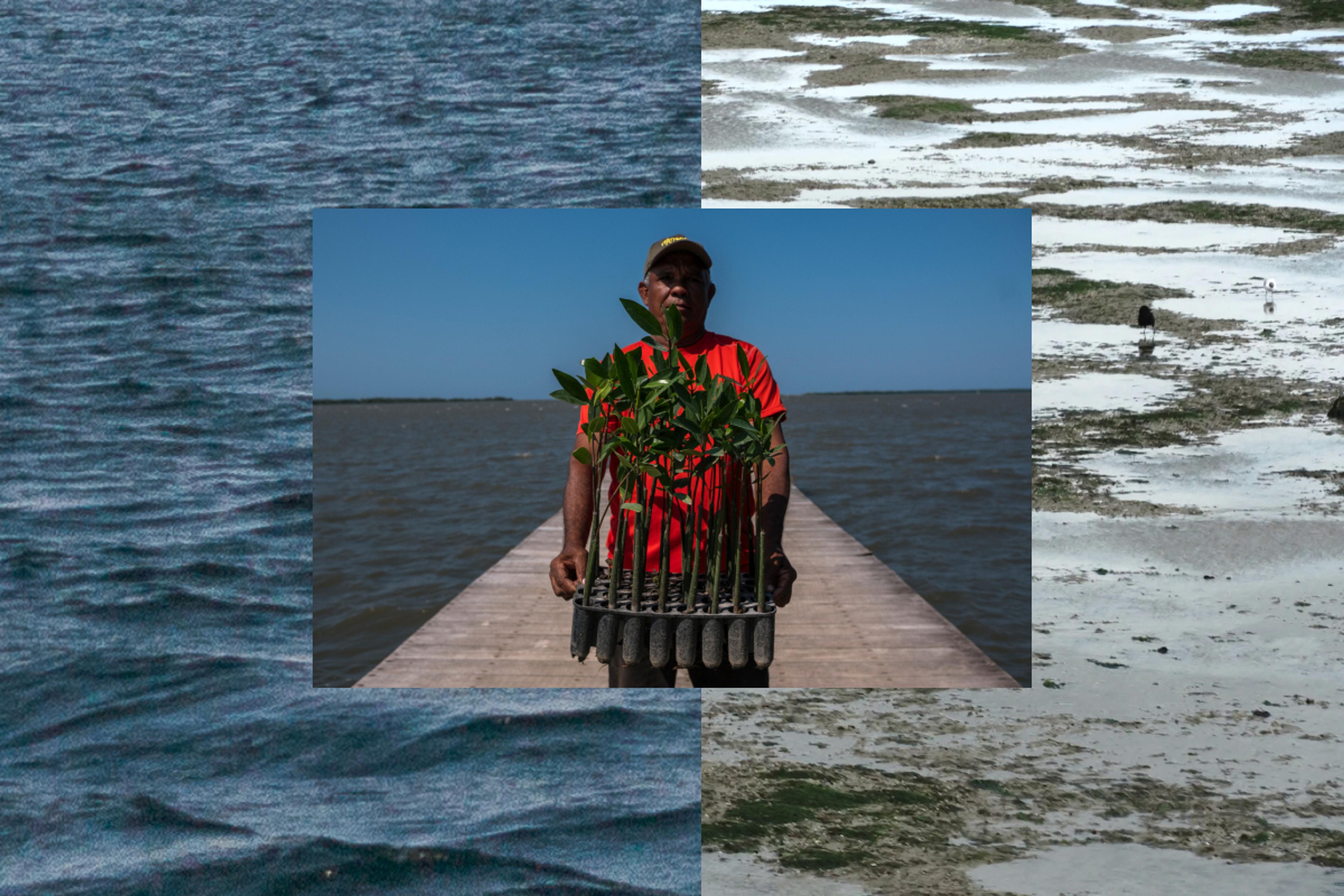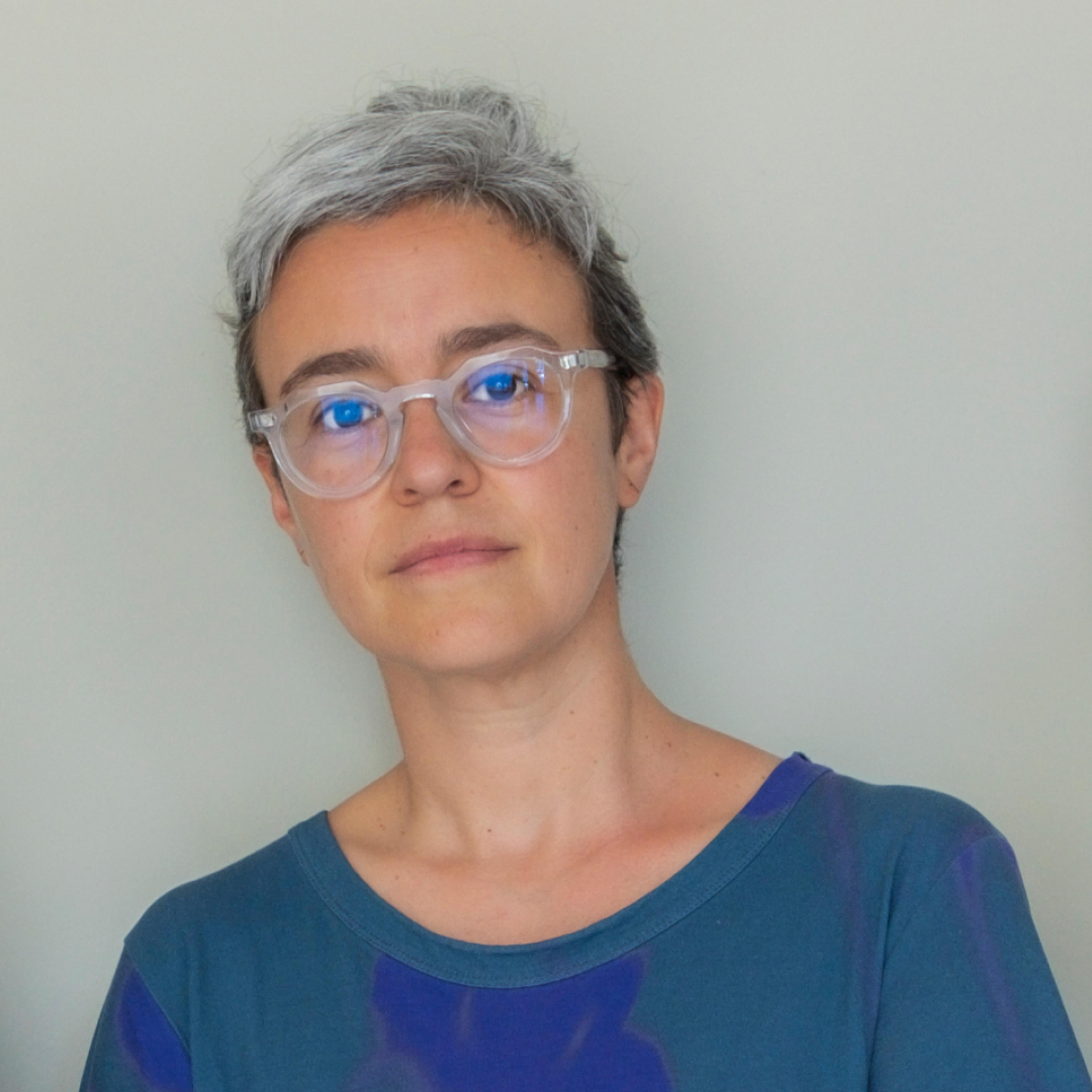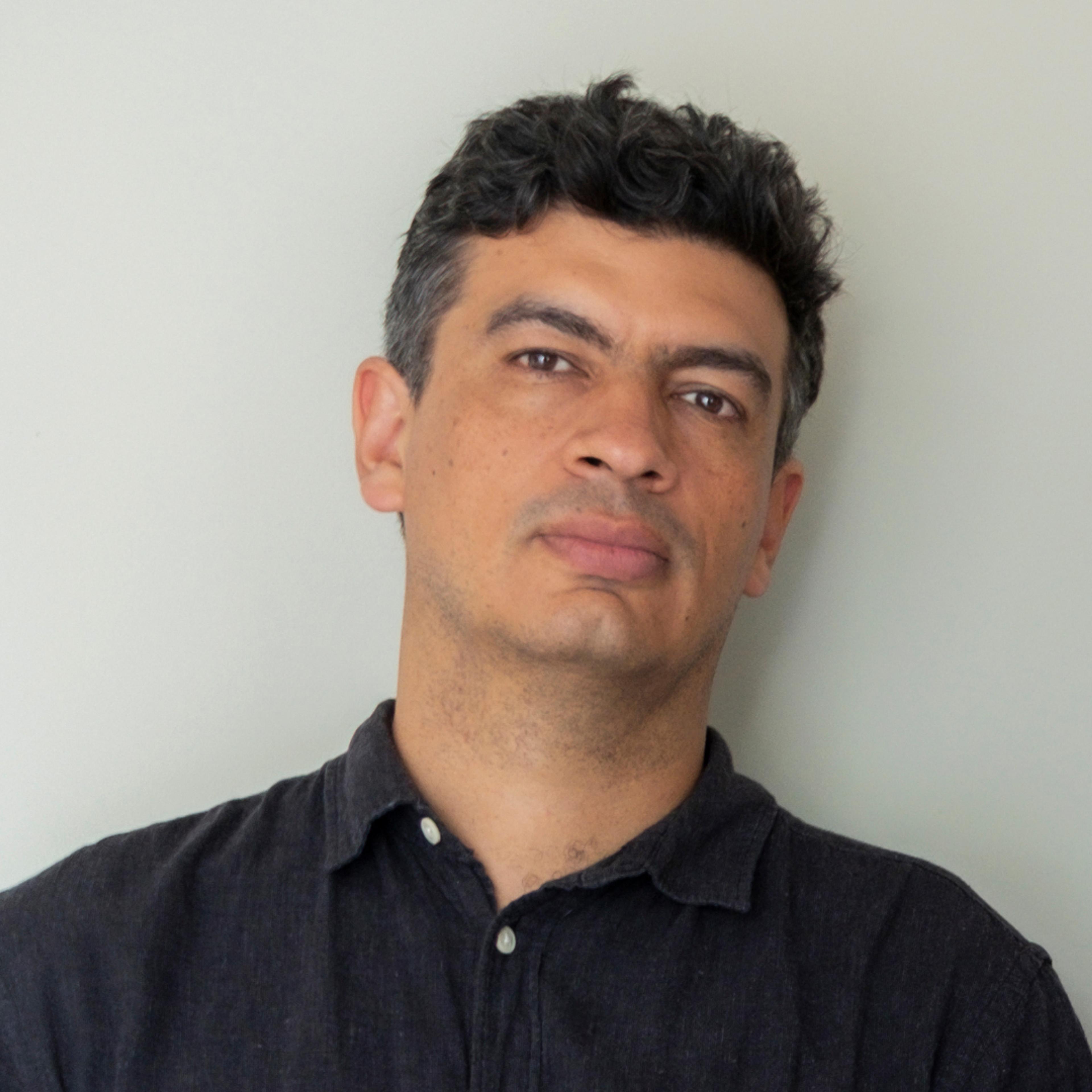‘to immerse’ offers space for thinking about what it means to be in water and the quotidian and vital relationship between bodies and waters.
Tidal Diaries
PororocaPororoca
Tidal Diaries
Pororoca is a research and process-based curriculum nurturing situated dialogues with intercultural conversations as the basis for conviviality, co-creation, and architectures of listening. The course name derives from the Tupi word ‘porórka,’ which means ‘the great roar’ that can be heard when tidal waves of the ocean reach the mouth of a river and manifest the encounter between two bodies of water, generally one sweet and one salty, merging into one.

February 25: 1–3PM EST
March 1: 2–4PM EST
March 4: 1–3PM EST
March 8: 2–4PM EST
March 11: 1–3PM EST
March 15: 2–4PM EST
Course Description
This course will comprise close reading discussion, screenings, mini lectures, group activities, guest speakers, and generative writing and art. Participants will read and discuss core textual, audio, and video sources and create an assemblage of activations (material, spatial, sonic, and written) that will shape our relationship to aqueous territories.
Participants will generate a collaborative aqueous assemblage—a collection of all engagements and generative art and writing. These will contribute to Pororoca’s emerging assemblage of voices (the outcome of our immersions in Brazil, Colombia, and the UK), now amplified by those of the participants. This course will meet twice weekly for three consecutive weeks.
Session 1
Session 2
‘to fall into – to embrace’ (desembocar) describes the action of rivers arriving to the sea, speaking of estuarine territories and other aqueous entities that are porous, uncertain but shaped by movement.
Session 3
‘to discipline – to flow’ explores ways of contesting manmade controlling forces through exploring architectures that nurture symbiotic relationships with water.
Session 4
‘to pollute – to cultivate’ focuses on cultivating, filtering, tasting and nurturing waters.
Session 5
‘to listen – to listen’ engages in deep listening and envisions aqueous spaces of relationality and co-existence.
Session 6
‘to dispossess – to resist – to reclaim’ embraces narratives and histories of resistance, reclamation, and fugitivity, concluding with a final creative share.
Teacher(s)

Catalina Mejia Moreno
Catalina Mejia Moreno is a sea swimmer, spatial practitioner, writer, educator, and researcher. She is a Senior Lecturer in Climate Studies (PhD) at the Spatial Practices Programme at Central Saint Martins, University of the Arts London, where she leads the climate forum. Through creative practice, activism, and critique, she imagines tangible pathways for social and ecological restorations and imaginations.
www.researchers.arts.ac.uk

Felipe Arturo
Felipe Arturo is an architect, artist, and scholar based in Bogotá. His artistic practice surrounds aquatic territories and narratives derived by extractive economies: rubber, sugar, soy, coffee, among others. He is currently developing a series of artistic processes experimenting with palm fibers found in México, Ecuador, and Colombia. Arturo (PhD) is an associate professor at the Faculty of Creative Studies, Universidad del Rosario.
www.felipearturo.com